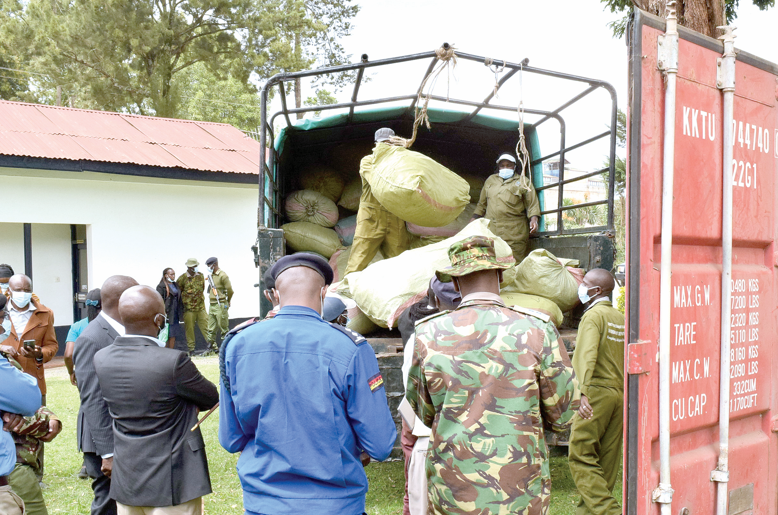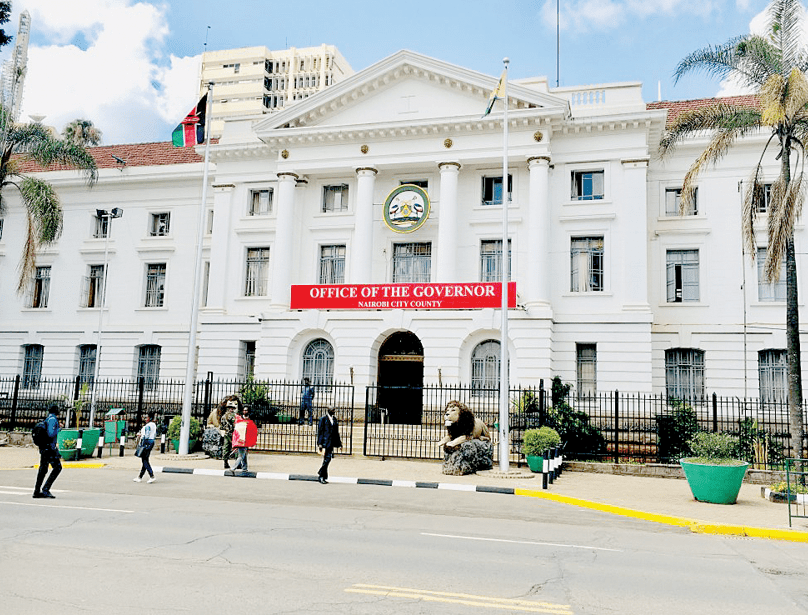Kenya must readjust its relationship with marijuana

As a schoolboy in the early 1980s, I knew a family man who grew cannabis openly. He would lay out harvested branches to dry on the roof of his grass-thatched dwelling.
Sacks of the dried plant would sit in a corner of the sitting room, waiting to be sold. Customers would come from near and far.
I don’t remember the man ever getting in legal trouble or facing social stigma. His customers minded their own business, their habit unremarked upon.
There were no police raids of the kind we see today in the countryside.
That was the laid-back atmosphere of that era, before the Narcotic Drugs and Psychotropic Substances (Control) Act of 1994 was adopted (largely with international pressure, with Kenya subsequently receiving millions of shillings from the United States and other sources to fight illegal drugs).
Though the cultivation, possession, and sale of cannabis had technically been illegal since colonial times under the 1933 Dangerous Drugs Act, the relaxed enforcement of those earlier years gradually gave way to the harsh regime we have today.
This has raised questions about justice and whether the punishment is proportional.
Penalties for marijuana-related offences are severe. Possession can earn first-time offenders up to 10 years in prison or a fine of at least Sh1 million, with repeat offenders facing up to 20 years.
Trafficking or cultivation can draw prison terms of up to 20 years, and fines up to three times the market value of the drugs.
A 2020 bill seeking to amend the 1994 Act would have made the penalties even harsher, though it’s not clear what became of that proposal.
Remarkably, the law does not make much distinction between marijuana and harder drugs like cocaine or heroin (and that’s a problem, because the latter two are deadly drugs, while no deaths in Kenya have been officially attributed to a “marijuana overdose”).
While enforcement of drug laws had always been lax in rural areas, it seems to have intensified in recent years.
National government administrators are under immense pressure to show that they are doing something about illegal substances in their areas.
Notably, though, many bhang cases involve small-scale possession. Impoverished people trying to feed themselves by selling a few ounces of bhang are the ones burdening an already clogged judicial system.
Yet, despite strict laws, bhang is still widely available. Experts point to several factors – high unemployment that makes cultivation and selling appealing as income sources, porous borders with neighbouring countries that enable trafficking, corruption (police paid to look the other way and seized drugs sometimes re-entering the market).
That suggests we need a new approach. In 2018, the late Kibra MP Ken Okoth introduced a draft Marijuana Control Bill that proposed to legalise the plant for medicinal and industrial purposes.
The bill aimed to decriminalise the cultivation and use of marijuana, regulate its production, and establish a cannabis regulatory authority. But knee-jerk opposition – including from religious groups and the anti-drug abuse agency NACADA – derailed the proposal.
As Okoth understood, we can’t deny our reality: the justice system is burdened by small-time marijuana dealers, and the plant is still widely available despite decades of prohibition.
My mind returns to that scene from four decades ago –those cannabis plants drying on a villager’s roof depicted simpler times and a simpler relationship with a fascinating plant that has great potential.
Practical use. No moral panic. No political posturing. That’s where Kenya should be.
The writer is a Sub-Editor with People Daily















